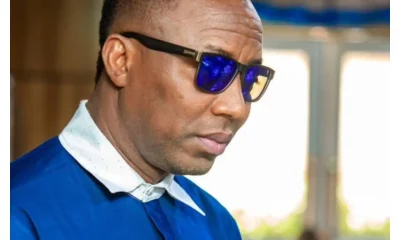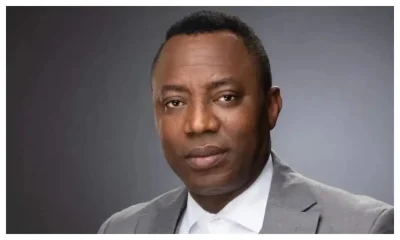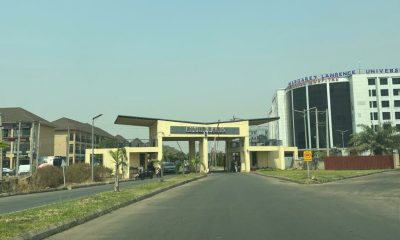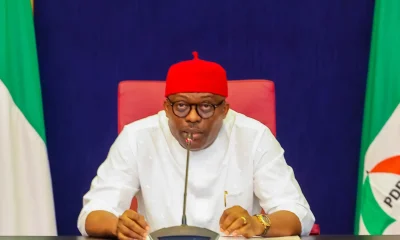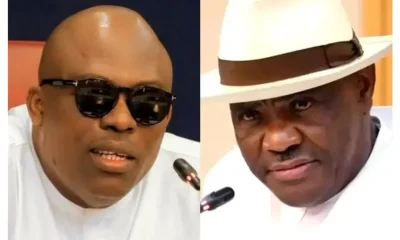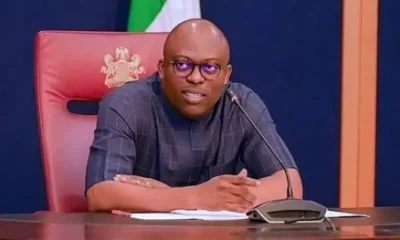NEWS
Wike’s Aide Says Sowore’s Claims Are Mind Games
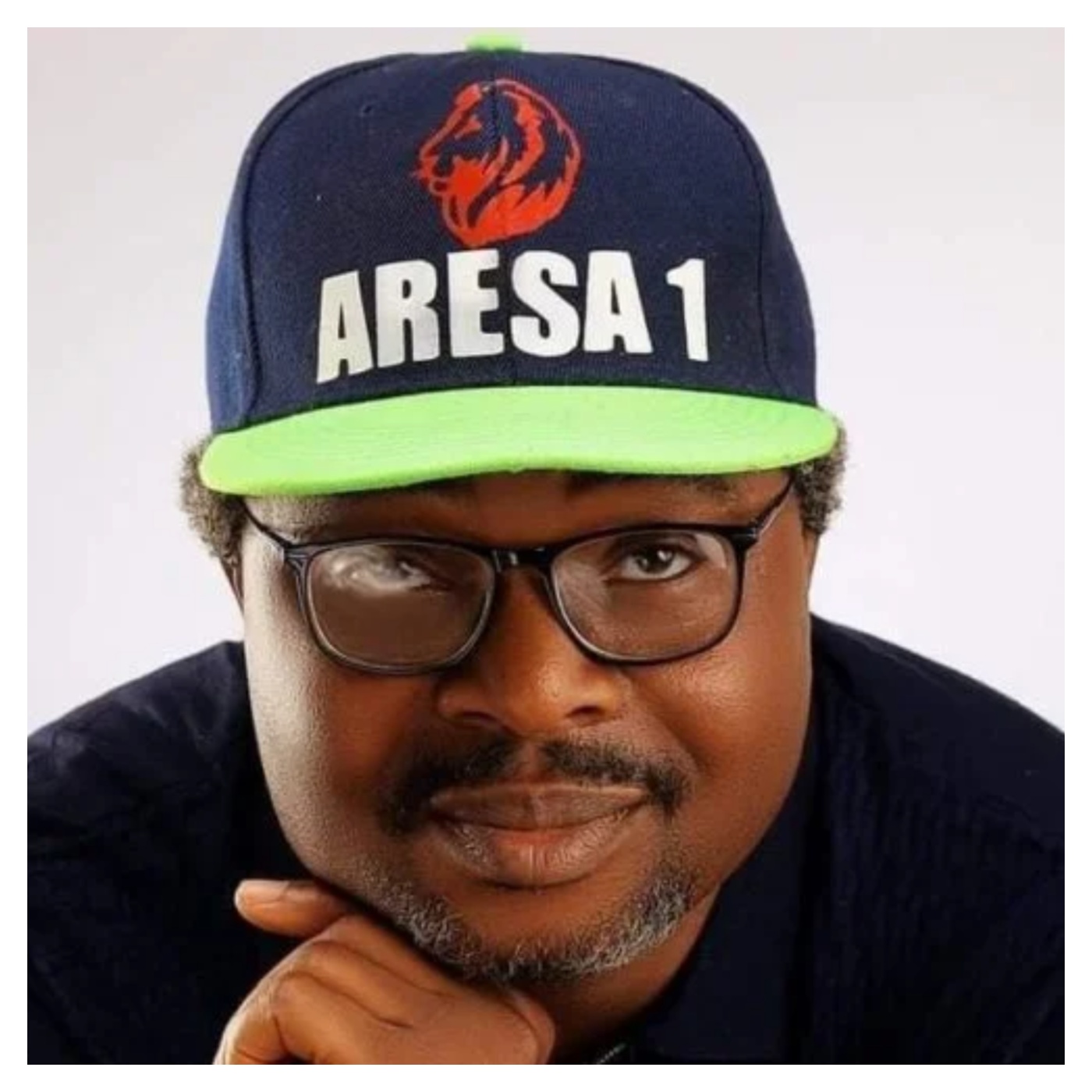
In a fiery exchange that has brought the long-simmering political rivalry between them to a boil, Lere Olayinka, the media aide to the Minister of the Federal Capital Territory, Nyesom Wike, has publicly accused activist Omoyele Sowore of engaging in “scams” and “mind games” to sustain his livelihood. The statement from Olayinka is a pointed counter-narrative to Sowore’s consistent claims of political persecution and threats to his life, asserting that any threats against the activist are a consequence of his own actions rather than a plot by President Bola Tinubu or Minister Wike. This public spat is the latest chapter in a long-running political feud that has drawn on allegations of corruption, legal challenges, and personal attacks.
The war of words was ignited by recent allegations made by Sowore against Minister Wike. The activist and publisher of Sahara Reporters had filed a petition with the Office of the Attorney General of Florida, accusing Wike of money laundering to acquire three properties in the United States. Sowore alleged that the properties were deliberately hidden under the name of Wike’s wife, a serving judge, and were part of a larger pattern of illicit financial transactions. According to Dependable NG, Sowore’s petition was met with a swift and fierce rebuttal from Olayinka, who dismissed the claims as irrelevant distractions from Sowore’s own legal troubles. Olayinka’s statement stressed that owning properties in the United States is not an offense and that the allegations were merely a “desperate attempt” to deflect from his ongoing criminal trial.
Omoyele Sowore is currently facing a criminal trial at the Federal High Court in Abuja, where he is accused of forgery, defamation, and inciting mutiny by the Inspector-General of Police. The charges, filed in late August 2025, allege that Sowore and his publication, Sahara Reporters, forged an internal police wireless message to incite discontent within the force. This is not the first time Sowore has faced such legal challenges; a previous treason case against him was struck out by a federal court in February 2024 after more than five years of delays, with the court finding that the prosecution never had sufficient evidence. These past legal battles and a consistent pattern of accusations against him by the government, including a recent case over calling the IGP an “illegal IGP,” are central to his narrative of political persecution. Olayinka, however, views these legal challenges as the natural consequence of what he describes as a “life of scams” and a long history of “extortion” through blackmail.
Olayinka’s statement went further, making specific and explosive allegations against Sowore. He accused the activist of selling the African Action Congress (AAC) governorship ticket in Rivers State for $3 million and of pocketing an EndSARS grant, a reference to a donation for the protest against police brutality. While these are serious claims, they are part of a political rhetoric where both sides are known to make unverified accusations against each other. Olayinka argued that Sowore’s use of his online platform, Sahara Reporters, is a tool for blackmail and extortion, while his staff live in “abject poverty.” The aide’s statement, therefore, framed Sowore as a hypocrite who preaches democracy while acting as a “dictator in militocracy” within his own political party. The public spat highlights a key element of Nigerian politics, where political aides often serve as the first line of defense, allowing their principals to maintain a more restrained public posture while they engage in aggressive media warfare.
In conclusion, Olayinka’s statement represents a strategic move to undermine Sowore’s credibility and reframe the narrative from one of political persecution to one of personal consequence. The aide’s assertion that any threats to Sowore’s life are from those he has allegedly “scammed or blackmailed” is a direct challenge to the activist’s claims, urging him to focus on his legal battles rather than on political distractions. The feud is a stark example of the often-personal and acrimonious nature of political clashes in Nigeria, where allegations of corruption and misconduct are leveraged as weapons in a high-stakes war of attrition.

